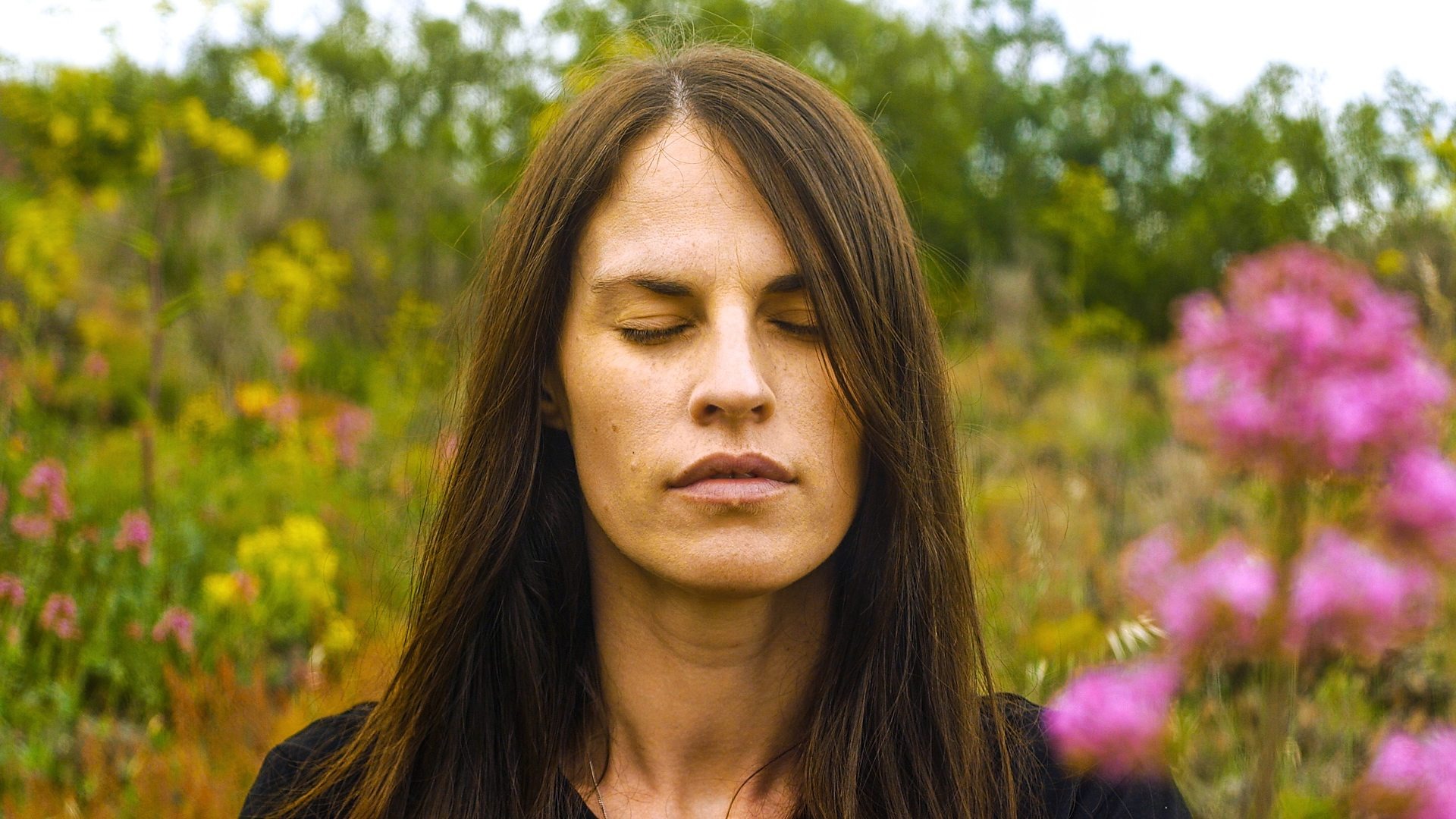How the Mind-Body Resonance Revolution Is Silently Rewriting Combat Training in Urban Communities

A subtle revolution is unfolding in how people approach self-defense and physical discipline in cities worldwide. Rather than flashy techniques or rigid routines, a new paradigm is emerging, centered on harmony between breath, intention, and movement. This transformation echoes through studios offering Denver martial arts training, but it’s not confined to branded schools. It’s a shift toward fluid resilience, where mental clarity and emotional equilibrium are as essential as physical strength. Urban dwellers quietly embrace methods that cultivate internal alignment, community bonding, and real-world adaptability.
Beyond Technique: Internal Resonance as Foundation
Traditional combat training often emphasizes precision, repetition, and linear progression. The resonance revolution flips this script. Practitioners train to sense the subtle interplay between breath, posture, and awareness. Classes begin with guided breathing rituals that attune the nervous system, followed by slow movements emphasizing alignment over force. Instructors coach students to notice how tiny weight, intention, or focus shifts can change outcomes entirely.
The result isn’t just a better kick or punch—it’s a rewiring of perception and reaction. When urban threats arise—crowded buses, unpredictable traffic, social stress—those attuned to their internal resonance respond with calm precision rather than panic. Streets become practice grounds for awareness, not battlegrounds for brute force.
Community Alchemy: Training Together, Evolving Together
Part of this shift lies in what’s taught and how it’s taught. Classes often embrace group resonance exercises—moving as a whole, responding in sync, using shared breath patterns to build cohesion. That sense of shared rhythm creates trust, collective calm, and mutual accountability. In neighborhoods where fragmentation and isolation are real threats, this kind of embodied bonding becomes a form of communal resilience.
In Denver, for instance, some studios discreetly incorporate these principles into what might superficially appear as standard taekwondo or karate classes. Midway through a session, instructors may pause technique drills and guide pairs or small groups through
synchronized flow sequences—silent, unspoken pulses connecting their movements. That’s where Denver Martial Arts becomes more than training—it becomes transformative belonging.
Real-World Ripples: From Mat to Neighborhood
What begins in carefully controlled spaces leaks into everyday life. Participants report noticing subtler cues—tone of voice, body posture, micro-gestures—in others. They react more thoughtfully in conflict, whether navigating heated conversations or de-escalating tense encounters on the street. Some organize local “awareness walks,” where small groups practice slowing down their movement, breathing with intention, quietly aligning— all while simply walking residential areas. It’s a soft reclaiming of public space.
Emergency responders and educators in some districts are even exploring introducing these resonance techniques into stress-coping training. It’s not about self-defense in the physical sense but about cultivating presence under pressure—rapid adaptation through calm focus. Words like “resonance,” “attunement,” and “embodied clarity” now pepper discussions far beyond traditional dojo walls.
Why It Matters Now
Urban life is more volatile than ever: overstimulation, screen addiction, fragmented social bonds, rising anxiety. The resonance approach offers a counterbalance. It doesn’t promise flashy mastery. It champions self-awareness, relational attunement, and adaptive presence. In that way, it’s quietly rewriting what it means to train, protect, and belong— especially in areas where community strength needs rebuilding.
A new kind of resilience is taking hold through slow breath, shared movement, and finely tuned awareness. Watching it unfold, one realizes that martial discipline is no longer just about what happens on the mat—it’s about how we carry ourselves beyond it, together.
Author bio:
Micah Martin is the Founder and CEO of Venture Martial Arts and Co-Founder of the National Martial Arts Alliance. A 5th Degree Black Belt with 20 years of experience, he turned a shuttered club into one of the largest Taekwondo programs in the country. Micah mentors young instructors to become leaders and aims to expand Venture Martial Arts in the Denver area, empowering students with confidence, respect, discipline, and focus






